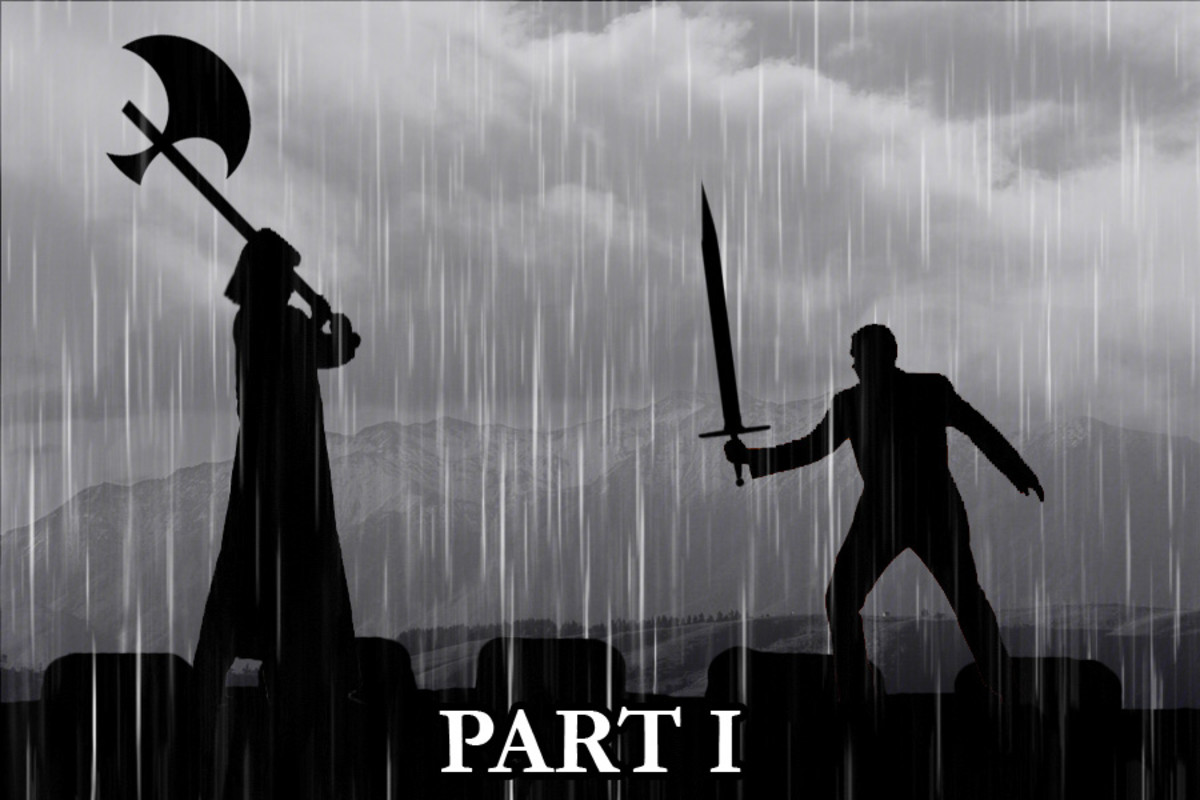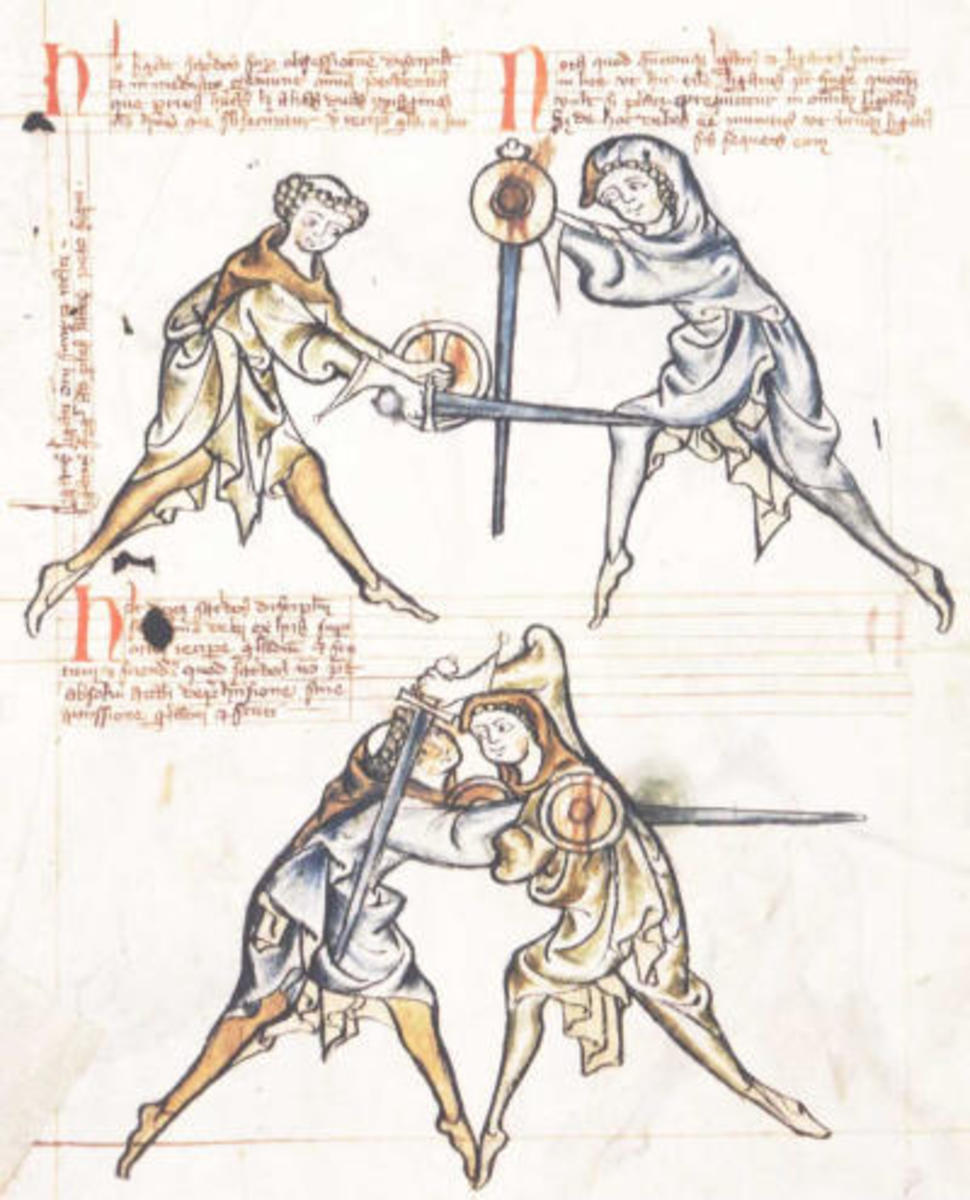Three ways to be sure your Epic Fantasy is actually epic
What is Epic Fantasy?
Epic Fantasy, also called Heroic Fantasy, is fantasy literature or movies with an Epic feel--it's bigger, wider, more detailed than usual fantasy, and the effects of the characters' actions affect more than just the characters themselves. Often, their actions affect the whole world, and sometimes even echo forward into the future of their world.
For the purpose of this article, I'm going to use Lord of the Rings for most of the examples, because it's something a lot of people know and it sort of defined the modern Epic Fantasy.
Some common elements of Epic Fantasy
Not all books will have all the elements, and often in more recent times, books are experimenting with the bounds and structures and adding in influences from other genres, but there's still a list of basic traits that make a story Epic. Here's the most common:
- A quest of some sort - classically, this would be like the quest to destroy the ring in Lord of the Rings, something that needs to be done to save the world and requires the characters to travel long distances and meet lots of different sorts of people along the way.
- Magic that comes from gods or god-like beings - sometimes literal gods, sometimes people who have taken on the power of gods, sometimes ancient power sources that are effectively gods.
- Some element of fate or prophesy - it's been foretold in some way that this would happen, and there are specific things that specific people need to do to save the world, or to destroy it, or control it.
- Heroes tend to start in low places and move up - farmer's sons or orphans or otherwise poor people who grow up away from power and influence, who then find or are given some magical power or tool and use it to save the world.
- War - often the biggest war that the kingdom has ever seen, that will decide the fate of everyone for millennia.
- History that goes back ages - often literal ages, like The Age of Gods, The Age of Man, etc; thousands of years of history the characters can look back on, or hold grudges over, or refer to in legend and song.
- Lots of different cultures with different goals and needs - different kinds of humans, but also different races that are not humans--think of the Elves, Dwarves, Men, Ents, etc in LotR.
- A theme of meddling with nature - someone has changed the way the natural world works, or stolen something that disrupts the balance, or is using some natural force against its purpose, and it's poisoning and destabilizing everything and must be stopped.
- A sense of legend or myth at work - usually treated as if these are the myths being formed right now--future myths and legends unfolding--and often also as if old myths and legends are coming back after people think they're not real or are long gone.
- Usually a totally other world with a totally other history - Middle Earth vs our day to day Earth. It allows the space for all the details the world needs to really feel Epic.
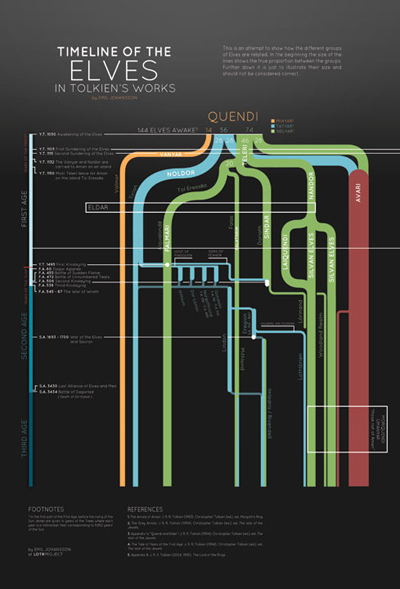
1. Scope
For a book to truly be Epic, and for a fantasy to be Epic Fantasy, it needs to have Scope beyond the usual for the genre.
Characters have to have bigger-than-life challenges and goals, their actions have to affect the world at large, their travels have to cover a lot of ground, and their mistakes have to ripple out far past their own lives and into the world at large.
Think of Scope, too, as a timeline for the world. What's going wrong has to be deep-rooted in old conflicts and the actions of previous heroes, growing over long periods of time and gathering forces to its side. The history of the world has to go back to the beginning of time, not just a single life. Cultures have to know their history, kings have to know their lineages, villains have to have grudges that go back centuries. And the events happening now have to potentially change everything in the future, too, which at least one person has to see as being as rich and long as the past is--which is why there's often seers or oracles in Epic Fantasy stories.
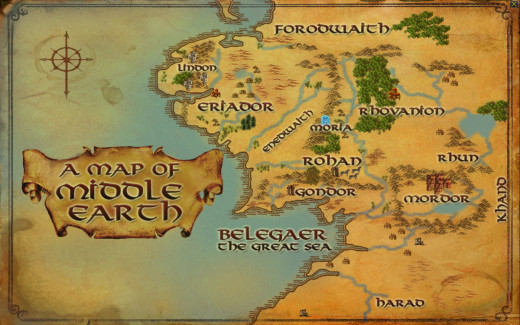
2. Scale
If Scope is the back and forth size on a timeline, Scale is the side-to-side. Epic Fantasy needs to have more detail than a typical book, so that it's so rich it feels real no matter how strange it gets. Cultures need to be carefully constructed. There will almost definitely be complicated maps and city-layouts. There will be at least some work with invented languages. Instead of one or two point of view characters, there can be up to dozens.
There will be numerous plot lines running at once, some of which won't interact with others for a long time, but all of which both outline the shape of a wide, deep world and advance a complicated story that needs all those characters to make sense. Think of Game of Thrones, and how many characters there are in that story, and how everyone has their own goals, but they all move through the same overarching wars and conflicts.
And, since some of the characters might not be human, it is possible to have characters who are literally larger than life--as well as just better, stronger, smarter, better educated, more noble, or more evil, etc than a typical person of the world. There's a certain amount of leeway in this sort of story for characters that could not exist in a totally realistic modern real-world context, and it should be used to show mythological-scale people doing mythological-scale work in the world, good or bad.
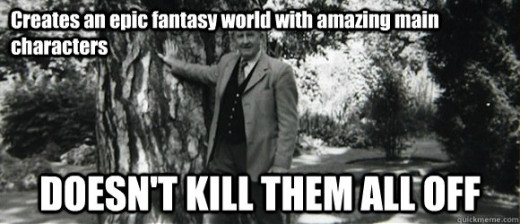
3. Complexity
I've already said that the actions of the characters need to have real, strong effects on the world as a whole. Also, the characters need to be real, complicated results of the world and have real, complicated reactions to it. The cast needs to have a range of goals and motivations that makes sense based on what's happening overall and what's going on in each person's life. Their interactions need to have a range of realities--good interactions, bad interactions, people who have just met and are learning to trust, people who have known each other all their lives and are becoming more--or losing that trust.
The story has to address what's wrong with their world in a number of ways, preferably small, personal ways AND big, society-wide ways, with people caught between their own goals and the goals of the groups they're in, whether by choice or not.
When things change, it should be sweeping change that affects everyone, some for the good and others for the worst, so that their stories tell a complex and detailed tale of history and action and life and change all together--but their own parts read as actual events that happen to them as actual people.
Keep calm and carry on
This is perhaps overwhelming, if you're thinking of all of this too closely before you write the book. The easiest way to keep the story epic is to keep thinking just about how the actions of each character can keep altering or interfering with the goals and actions of the next one down the line--whoever the next scene belongs to. Then, when you go back to revise in the second draft, you can expand it and make the effects bigger, stronger, more profound--and make the kickback for them longer-reaching and more important.
Remember--the more complicated your story is, the more careful you'll have to be in revising, where the real story comes out. But it also means that in the first draft, you have the freedom to be bold, to write whatever comes to mind and to throw in all sorts of crazy ideas that might not work in a smaller, more direct story--and that's the joy of writing these big stories! That's where the fun and the excitement come in!
And if there's too much story for one book, well, that's also a very common element of Epic Fantasy.



